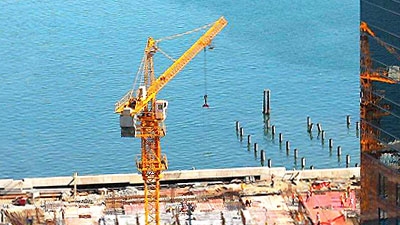- In 2012 PNG’s economy enjoyed what it is likely to be the last year of strong growth for most sectors of PNG’s economy in this economic cycle. Construction of PNG-LNG and various spin-off investments, and broader investments in the domestic service sectors, continued to be key drivers.
- External conditions detracted from the economy, although they also helped to slow growth in prices.
- Over coming years, growth across the economy is likely to slow significantly, beyond the large impact on headline growth rates of first production from the PNG-LNG project. In this environment, the foundations for PNG’s next boom will lie in ensuring government policies effectively and efficiently help Papua New Guinea’s emerging entrepreneurs do business.
- The government’s 2013 budget represents a marked change from recent years, with the largest deficit on record aside from the 2009 global economic crisis, substantially more funds allocated to lower-level administrative units, and markedly slower revenue growth expected.
- While this budget may be affordable in the short-term, an extended series of deficits of this size risk returning PNG to the macroeconomic instability that followed its last extended economic boom, as the government has acknowledged.
- The government expects to bring the budget back to balance by the 2017 elections through stronger revenue growth and plans to slow spending. Many of these plans appear ambitious, and may create tensions with the government’s development goals. But there are significant risks around these projections.
- The new medium-term debt strategy provides the government's new fiscal anchors, capping the government’s debt ratios at 35 percent in 2014 and 2015, and 30 percent thereafter, and total public debt at 60 percent of GDP.
- There are also important challenges for improving around the effectiveness of spending as far more funds are allocated to more decentralized levels of government, where PNG’s public financial management systems are less developed. Improving this will be key to addressing PNG’s significant human development needs.
- The recently-released 2009-2010 PNG Household Income & Expenditure Survey provides a new source of evidence to help the design of policies that support PNG's development ambitions.

